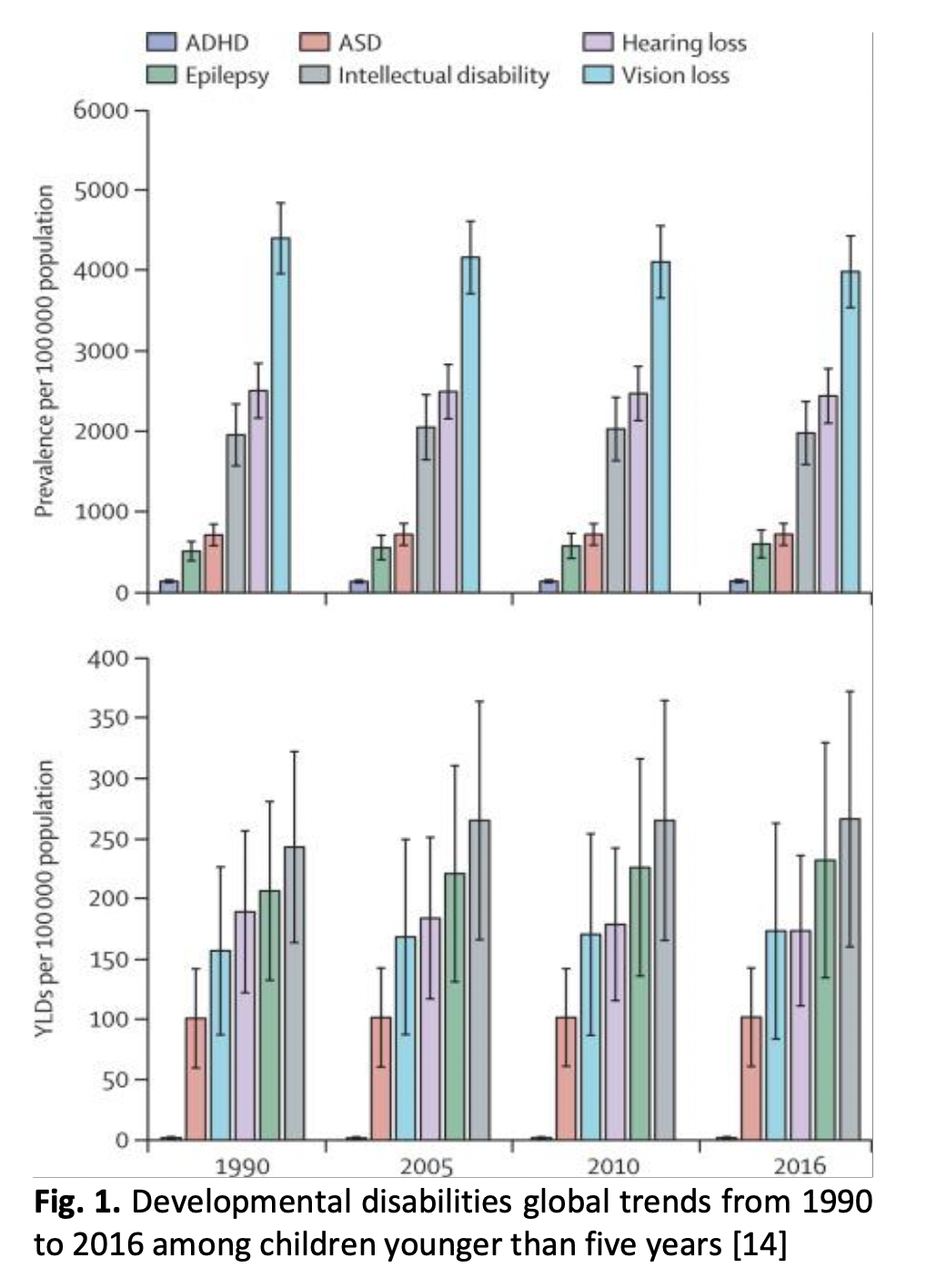Teachers' Behavioral Intention and Acceptance of Technology-Based System Intervention Among Children with Autism Spectrum Disorder (ASD)
DOI:
https://doi.org/10.37934/araset.32.1.95106Keywords:
SDGs, UTAUT2, behavioral intention, Use of Technology, special education teachers, Autism Spectrum Disorder (ASD)Abstract
The fourth pillar of the United Nations Sustainable Development Goals is 'Quality education' to provide peace and prosperity to the world population; in addition, Special Education Reforms under the Malaysian government scope are influenced by the 'Shared Prosperity Vision 2030'. Special needs education underlines the importance of technological integration in the learning environment to support the communication, teaching, and learning needs of neurodiverse learners. The teachers are an intermediatory link between the learners and their parents and caregivers. Technological advancements assist educators in transforming the educational needs of neurodiverse learners at all academic levels. The early intervention-based teaching and learning process is advocated worldwide, as it has shown positive cues toward neurodiverse learners, especially those with Autism Spectrum Disorder (ASD). However, very little is known about the perception and behavior of teachers toward acceptance of technology-based intervention. Therefore, to bridge the identified gap in academic literature, this study explores the teachers' behavioral intentions concerning technology for teaching children with ASD. A conceptual framework has been developed based on the Unified Theory of Acceptance and Use of Technology 2 model (UTAUT2) and other recent studies to address the problem and identify possible stakeholder solutions. The developed hypothesis will be tested later through a survey-based self-administered questionnaire among the special education teachers in different parts of Malaysia and after the data analysis is performed using SmartPLS 3.2.6. The pre-test and pilot study results affirm the positive viability of the study for continued future work.
Downloads




























